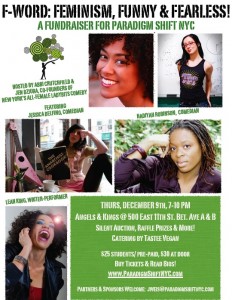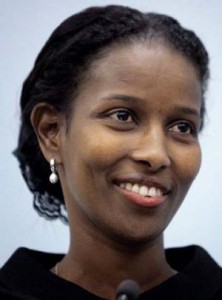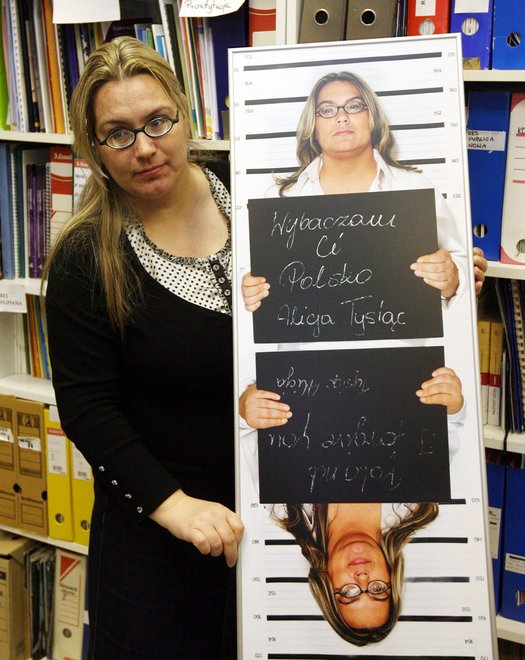I just finished reading “Feminism is as Feminism Does” by Merle Hoffman at On the Issues Magazine. She starts out by discussing media representations of “feminism”, ranging from people like Barack Obama to Sarah Palin, and ultimately concludes that none of them are feminists, according to the criterion she sets out in her “feminist litmus test.” Let me start off by saying that I have the utmost respect for Merle Hoffman. She is an icon in the reproductive justice movement and her work is not only inspiring, but responsible for a great deal of positive change in the lives of women. That being said, I want to offer a more critical analysis of her article and the politics she discusses.
Merle asks, “So what is a feminist?” This is a question that I have grappled with for a long time. I agree with Merle that a feminist must have certain characteristics in order to rightfully identify as a feminist, but struggle with the idea of putting feminism in a box. At its core, feminism is about equality, for all people. However, this is not the definition of feminism that most people are familiar with. Instead, people associate modern-day feminism with the early women’s movement, and rightfully so. The movement began to empower women and create equality for the sexes, but I would argue that the feminist movement has changed a great deal in the past century. Within the feminist movement today, you find activists in all different realms: fighting to end discrimination and violence, working to ensure reproductive freedom, and creating safe communities for people to gather, communicate, and become empowered. All feminists have their own passions, ideas, and characteristics, but at the end of the day, they all agree on the basic principle of equality.
So again I find myself asking, what is a feminist?
First, I want to stress that any person can be a feminist. As bell hooks once said, “Feminism is for everybody.” As the result of misinformation, many people are led to believe that only women can be feminists, but this could not be farther from the truth. Also, due to the origin of the women’s movement, skewed media representations of feminism, and Western feminist exceptionalism, there is an idea that feminism represents the interests of racial, religious, and ethnic majorities. Although I see this as holding true for the women’s movement of the early 1900s, this is not accurate of today’s feminist movement.
I see feminism as a movement that fights to give all people the right to choose what is best for themselves, without having to submit to the wishes of others. This right needs to be complemented with unbiased education, accurate information, and access to resources. So a feminist would naturally be someone that has this same mentality. “The litmus test has always been quite simple: Gloria Steinem said that, “A feminist is anyone who recognizes the equality and full humanity of women and men.” This seems pretty simple; you either support full equality or you don’t. But is it really that easy? Definitions of equality differ greatly, depending on who you ask.
For example, Merle says, “Any woman who does not support reproductive freedom, including abortion rights, cannot be a feminist. Period.” I completely agree with what she is saying; reproductive freedom and abortion rights are an essential part of women’s equality. However, this is not such a black and white issue. What does it mean to support reproductive freedom and abortion rights? Well for one, it means acknowledging that every individual in the world is entitled to their reproductive rights. Although we typically associate reproductive rights with women, it is important to realize that reproductive rights exist outside of sex, gender, and/or sexual orientation.
That said, I want to delve further into this notion of reproductive freedom. Typically, reproductive freedom is associated with bodily autonomy. However, this concept is not nearly as simple as it seems. As Judith Butler says in Undoing Gender, there is no such thing as bodily autonomy because it would require complete freedom from the external world. As living beings in a complex society made up of numerous social structures, institutions, and communities, we need interaction and communication to survive. We need emotional support from friends and family, medical assistance, and a governing body (the role of this structure, as it is in current society, would need to undergo reform in order to become aligned with the values and goals of the feminist movement). In order to support reproductive freedom, we must understand our need for interpersonal relationships.
I would also argue that the definition of reproductive freedom, within the feminist community, is highly debated. Although feminists can agree on reproductive freedom, how this is understood depends on the individual’s own ideas and beliefs. For example, abortion rights are a crucial component of our rights as women, but there is still debate over to the specifics of the procedure. Some feminists support unrestricted access to abortion, regardless of the duration of the pregnancy, while others believe in enforcing gestational age limits.
Let me give another example. The feminist movement has long been divided on the issue of sex work. Some feminists support sex work, others are completely against it; ultimately, the division comes as a result of the rhetoric of choice. Pro-sex work feminists argue that sex work can be empowering, whereas anti-sex work feminists see all sex work as the result of manipulation, desperation, or force.
I offer these comparisons to show that all feminists do not all think the same way. We may agree on the bigger picture, but our opinions are as diverse as our backgrounds. There is no feminist checklist or litmus test to determine whether or not someone is a feminist; feminism is much more complex than that.





